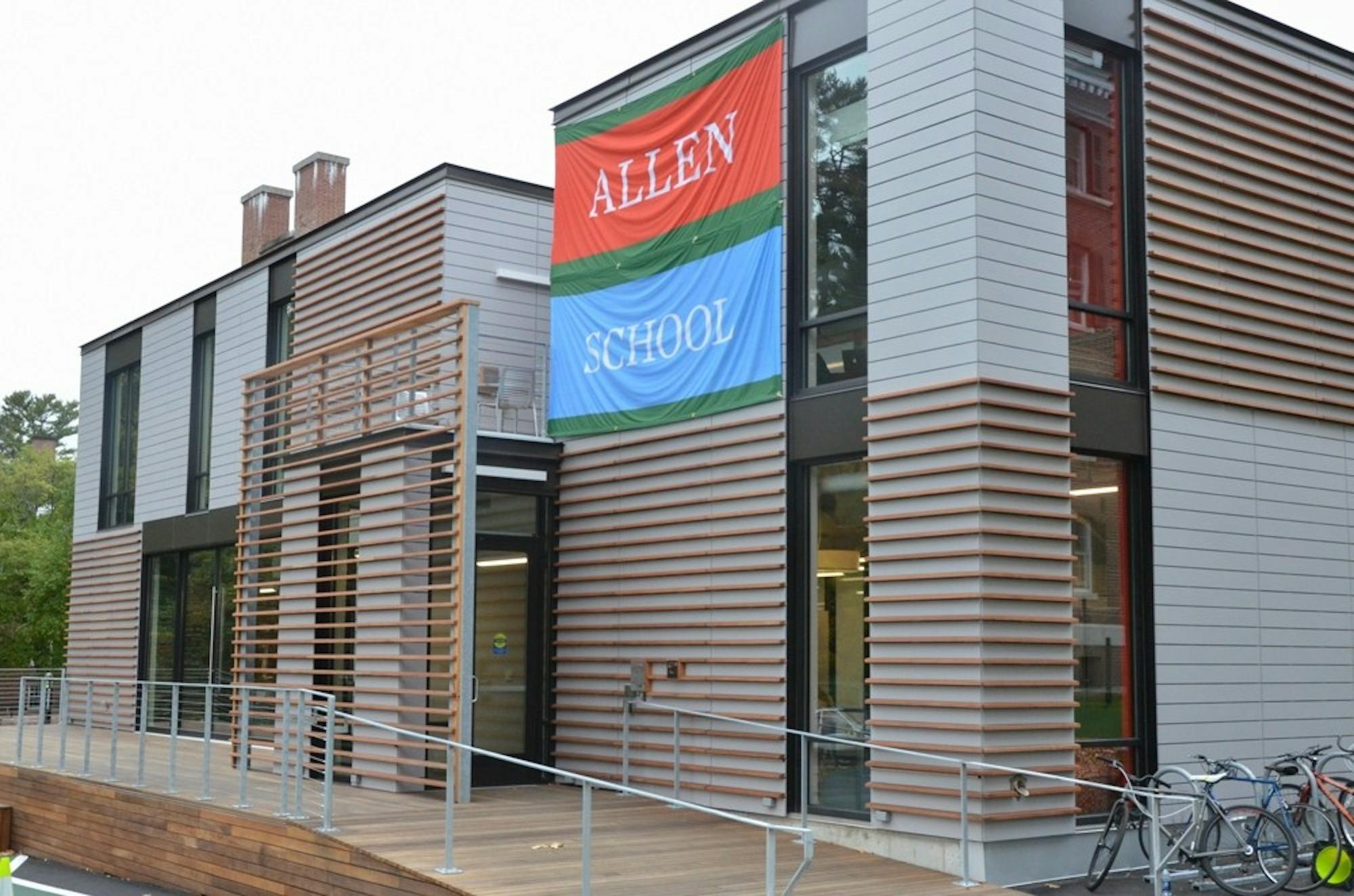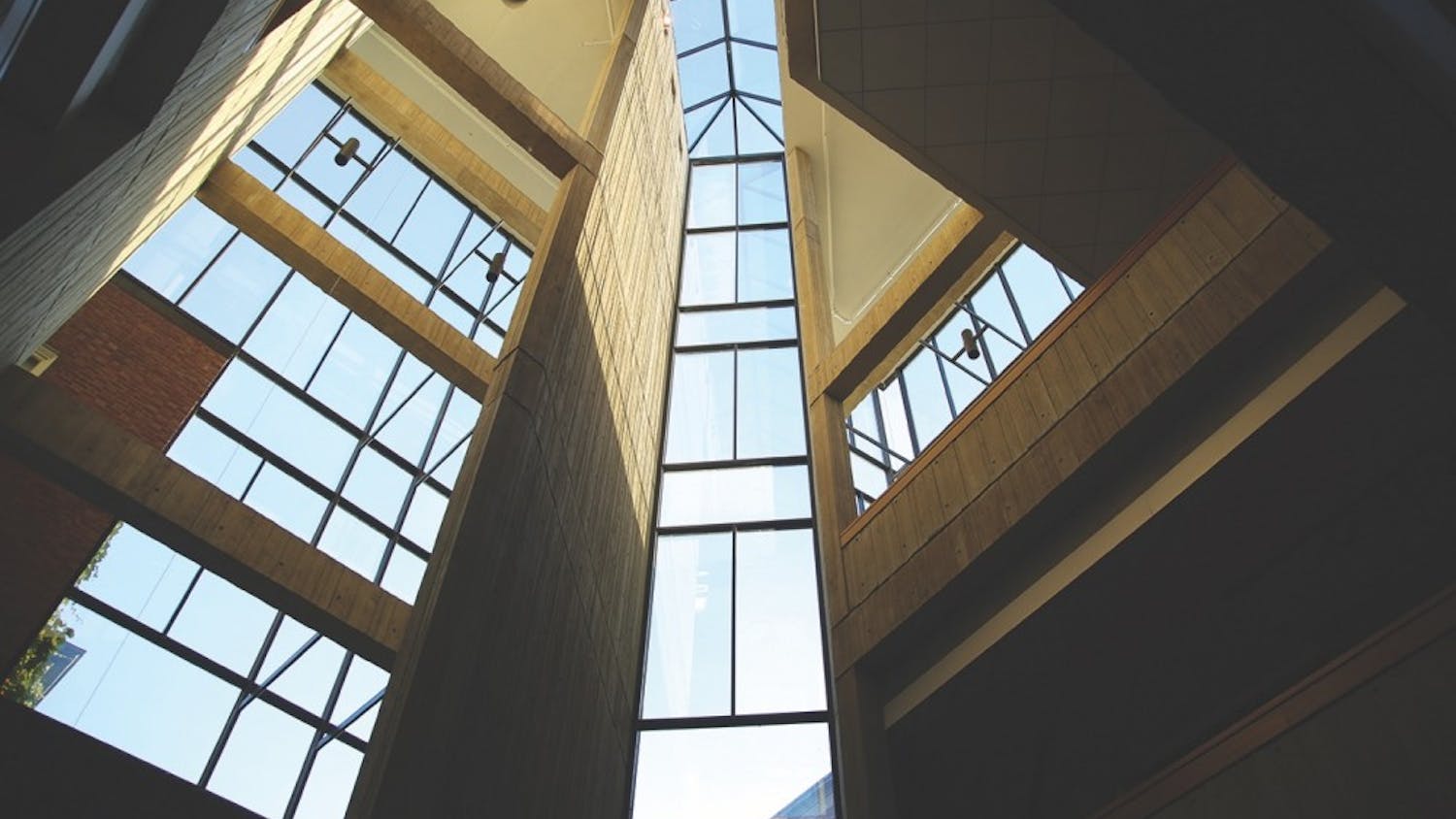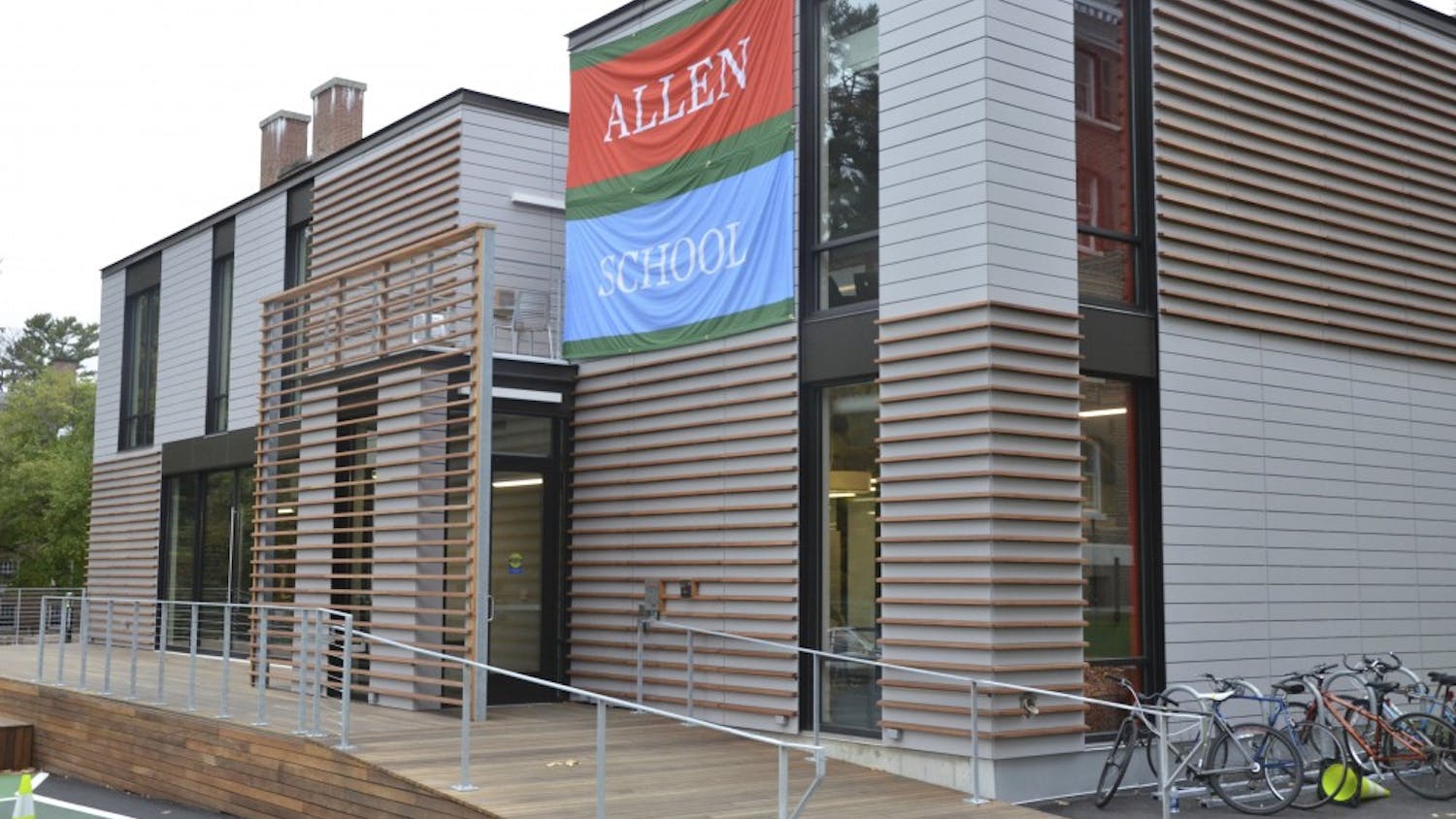Updated: September 14, 2019 at 4:48 p.m.
Students will only be able to access College residences within their own House community effective this weekend, associate dean of residential life and director of residential education Mike Wooten confirmed to The Dartmouth.
Instead of having universal access to all College dorms, as has been the policy until now, students will only be able to use their student IDs to access buildings within their House community. That will include restricted access to House Center A — colloquially known as “the Onion” — for North Park and South House students, House Center B — known as “the Cube” — for Allen and School House students and Brace Commons for East Wheelock House students.
Students living in the McLaughlin cluster, a Living Learning Community house, Greek houses, College-owned apartments and off-campus housing will have access to buildings in their House. Student members of the residential life staff will continue to have universal access so that they can serve in their roles.
Wooten first announced the policy change in an email sent to residential life staffers Friday afternoon.
Wooten told The Dartmouth that the change comes in response to a request from Student Assembly to limit student access to dorms after a number of racial bias incidents that occurred last October which included vandalism on student doors. In February 2019, after a series of racist emails were sent to members of the Dartmouth community, dean of the College Kathryn Lively publicly committed to recommendations made by Student Assembly, one of which included changing security practices for College residences.
“We’re hoping this doesn’t come across as some draconian move — it’s not really meant to be that,” Wooten said. “It’s really about trying to find the right flexibility between open [spaces] … and also trying to be responsive to security.”
Wooten said that since House Centers A and B were constructed to be spaces primarily for their respective House communities due to the relative lack of existing social spaces for those four Houses (Allen, North Park, School and South Houses), limiting access to those two buildings is in line with their original purpose. He added that the College always has to balance the objectives of keeping spaces open with student safety.
“This is just one step we’ve taken to make people feel that their home has some measures that protects them and that localizes their experience as if it’s theirs,” Wooten said.
In an email sent to Dartmouth’s student body on Saturday afternoon, Student Assembly president Luke Cuomo ’20 and vice president Ariela Kovary ’20 strongly criticized the College’s decision, writing that “such restrictions pose a threat to Dartmouth’s communal and open nature.”
Cuomo and Kovary wrote that the College had not met with SA since February 2019 to discuss changing security practices at College residences and that the College’s claim that the recently-introduced restrictions occurred because of an SA request is “false.” They added that SA had no prior knowledge of the restrictions before their implementation.
Regarding the College’s claim that the new restrictions were in response to racial bias incidents and were intended to make campus safer, the pair wrote that the new rules would have the opposite effect, stating that the new policy “reduces the information” the College has about who enters residences.
“Anyone wishing to enter a dorm for nefarious purposes would be able to reach their same perverse objectives under this new policy — in effect, nothing has changed from the status quo,” the statement says.
While Cuomo and Kovary wrote that they were committed to working with the Office of Residential Life, they also called on the College to rescind the new rules immediately.
“We oppose this change because it is unnecessary and harmful,” Cuomo and Kovary wrote. “It reduces safety, fractures our social spaces, and fails to address the underlying issues, all while inconveniencing students and diminishing Dartmouth’s special character.”




